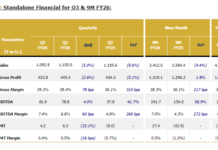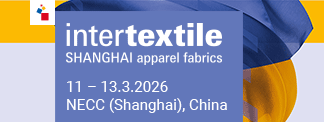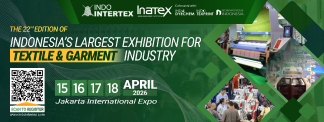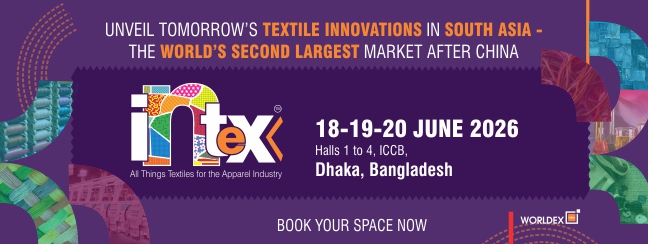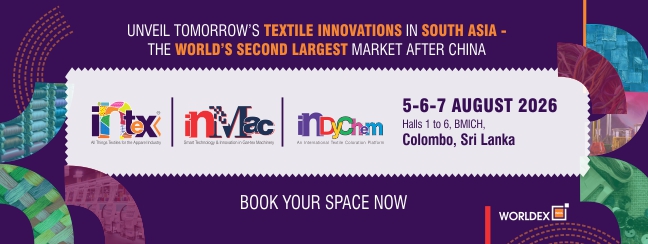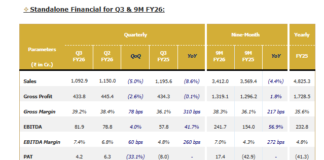Visitors to ITMA 2023 will see significant innovations from members of the Swiss Textile Machinery Association – with a special focus on solutions for a more sustainable future in the textile industry. Details of planned exhibits reveal how Swiss companies have been acting in specific technology developments, as well as multi-faceted business strategies to meet their own sustainability targets and those of their customers.
Some of these actions go beyond products and applications to take in ‘behind-the-scenes’ measures such as improving internal ecosystems and streamlining manufacturing. Activities covered by the Swiss firms’ technology embrace the concept of safeguarding a ‘livable planet’ for future generations, and this policy starts within the companies themselves, as they commit to careful management of their businesses to protect the environment and conserve global resources. Real outcomes are already being proudly presented as visible progress for the benefit of customers.
Sustainable production
Swiss textile machinery manufacturers apply their innovative power to make production as sustainable as possible – tackling issues such as saving water, chemicals, raw material waste, and energy, as well as improving hardware life cycles. Machine developments empowering more environmental production are continually growing in importance, as producers invest in them enthusiastically.
Sustainable solutions for cotton spinners include mechanical compacting systems by Swinsol. These units need no electricity and are therefore CO2 neutral in operation. The company also offers the recycling of used components. Loepfe provides yarn clearers with the latest technologies enabling settings to balance the required yarn quality against contingent productivity losses. The results avoid the waste of both yarn and energy. Retech develops solutions to improve the footprint of mills spinning man-made fibres. State-of-the-art heating godets with energy-optimized motor technologies and heating systems enable energy savings of up to 35%.
For Stäubli, sustainable investment also means ensuring its machinery is reliable enough to allow continued production over many years, even under the harshest and most demanding conditions. Customers can rely on the firm’s equipment, services and support for an impressively long life cycle.
Innovation in change
The idea of a circular economy promises a massive leap forward for global sustainability goals. Using recycled fibres is a good start for the textile industry, and Swinsol systems make it possible to spin 100% recycled fibres – even without adding new fibers due to a high short fibre distribution. Jakob Müller provides technologies in narrow weaving that enables the processing of sustainable yarns and therefore the manufacture of closed-loop products.
Serious rethinking of business models is clearly essential if long-term sustainability goals are to be met. In synthetic spinning, a completely new production line might not be needed when the extrusion process is still working perfectly. But it could well be the drawing and heat treatment system that is limiting the production of the yarns customers demand today – in which case Retech has the answer, with its ability to upgrade or rebuild existing lines, including providing new and energy-optimized drawing systems.
The idea of converting or retrofitting machines and systems often develops in response to changing customer requirements. Specifications in such cases are already well-defined in advance.
Tracking fibers, and many other aspects of traceability, are further topics of innovative developments currently with Swiss textile machinery companies.
Most sustainable solutions show an additional benefit: cost saving. Costumers’ investments, therefore, empower the protection of the environment and prosperous business. Machine manufacturers committing to the various sustainability aspects are actually generating value for customers, organizations, wider society, and the environment.
The internal ecosystem
Machine manufacturers must also focus on managing their own ecosystems in a sustainable way. Jakob Muller for example wants to be a role model in handling its own system according to best practices. At its headquarters in Frick, Switzerland, various projects significantly reduce the consumption of gas, oil, and most of all electricity. Also, the production area was challenged for more sustainability. The space for machine manufacturing was optimized first, greatly reducing the energy consumption needed for climate control.
Stäubli installed photovoltaic systems in its premises around the world, also taking the opportunity to generate local and sustainable electricity and lower the carbon footprint. The reduction of CO2 emission is one of its key focuses and identifying the carbon footprint of all main production units is among the priorities for 2023. The company is designing a sustainability roadmap to determine actions, resources, and a timeline, working on a long-term vision with tangible benefits for the environment and society.
Swiss Textile Machinery members take center stage at ITMA because of their innovative reputation – but a closer look at latest developments will show these world-class suppliers of machinery, components, and services are themselves striving, as are their customers, to have the best partners for sustainability in components, raw materials, and services. The ultimate goal is the same: business success with environmental responsibility for themselves, their customers, and the world.



